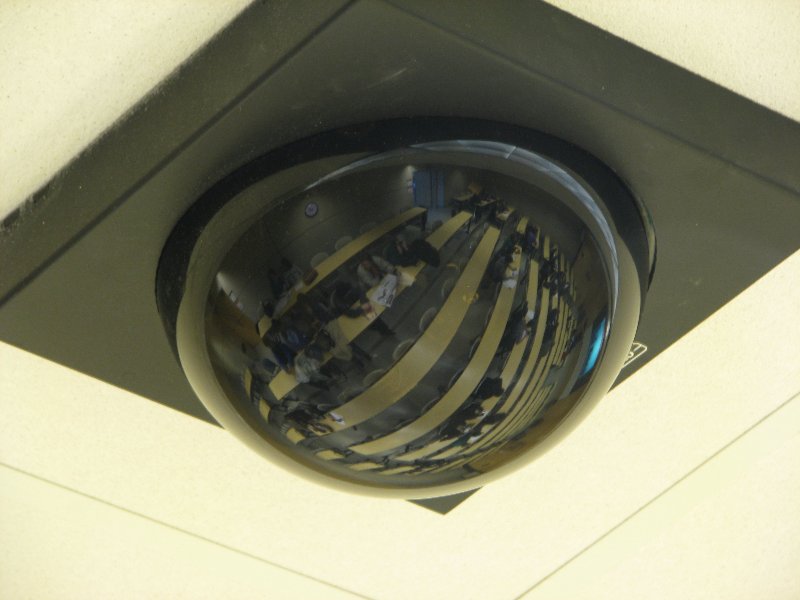When I was in another city today, I tried to log in to Facebook with my netbook.
But I couldn’t. Not because I don’t know the password or user name or email address. According to Facebook,

Q: How can it not recognize this device? I’ve been using this computer a lot lately. I even logged into Facebook from it earlier today.
A: Facebook isn’t being strictly truthful here, because it isn’t really looking at the device (computer) I’m using. What it is actually doing is looking at the IP address my computer is using to log in. It isn’t my regular IP address.
Even so, I have logged into Facebook from this IP address, within the last month, in fact, but not often.
But what the hey, I wanted to check something, so I clicked “continue.”
But Facebook didn’t actually ask me to answer any security questions. There was a captcha which I answered correctly. But that wasn’t all. I was given two options:
- I could log in from my usual device. Well, as I said, I was using my usual device. But my usual IP address was in a different city, so that wasn’t an option at all.
- Or I could tag people. Facebook showed me several screens of photos, a few of people I know on Facebook, but most that I didn’t recognize. Some included minor children.
I declined to tag people, because that is something I never do. Well, almost never. I’ll tag someone who is promoting something I support.
When I got back today, Facebook allowed me to log in on this computer, because I am again connected via the usual IP address.
Q: Why does Facebook want us to tag people?
A: Before the Internet, marketing companies used to hire people to be focus groups, and to take surveys. Today they buy information about our socio-economic status, preferences, who we know, and what we do from websites like Facebook.
Our personal information is valuable, and not just to marketing departments who want to sell us things, but insurance companies, who might decide we are high risk, or potential schools or employers.
And we know, too, that this information is made available to government agencies, very often without even a search warrant.
Some people don’t think having the government looking over our shoulders is a problem. After all, we’ve done nothing wrong, we’ve nothing to hide, right?
Well. Thanks to Edward Snowden, we now know just how insidious NSA is. Funny thing, it isn’t just the emergence of Big Brother that is worrisome. Computer error is far more probable, and possibly even more devastating.
When the NSA sucks up everything on the Internet, it is far too much data for human beings to analyze. What happens is that automated processes will use face recognition software to identify bad guys, but instead of mug books, they use photos on the Internet. Photos on Facebook, for instance. And it is doubtful their robots are as clever as my bot friends @X11R5 and @question. Mistakes will be made.
Any science fiction fan can tell you just how insane it is to give machines dominion over human beings. The idea that machines get to decide whose door Homeland Security or GCHQ or CSIS decide to break down is pretty scary.
And if Facebook is going to lock me out because I won’t tag people, so be it. As a self publishing author, I give up lots of personal information online, but it is my choice, and my information. If I tag people I don’t know, or know only peripherally, it is their privacy I’m jeopardizing.
I don’t give out any more personal information than I absolutely have to. If this was really a security thing, my not tagging people should have proven my identity. I think what Facebook really wanted to find out was whether I knew the friends and families of my Facebook friends.
And that is none of Facebook’s business.
Post Script:
I’ve been asked to explain “tagging” for people who don’t use Facebook.
Tagging in Facebook is the act of identifying and naming the people in a photograph posted on Facebook. When tagging, you hover the cursor over a part of the photo, and then type in the name of the person. You used to be able to type any name, but they have changed it so that it has to be a name on a Facebook account. However, you can tag a photo with a wrong name.
When you tag a photo, the person whose name you use receives a notification. Because of this, a lot of people tag photos with the names of the people who they want to see the photo. If you’re an environmentalist, you might tag a photo of the Tar Sands with the name of your environmentalist Facebook friends. Or you might tag a photo of a rock star with the name of your friend who is a big fan. If you mis-identify someone, they know about it, and presumably can complain.
There are so many ways this information can be misinterpreted or abused.




